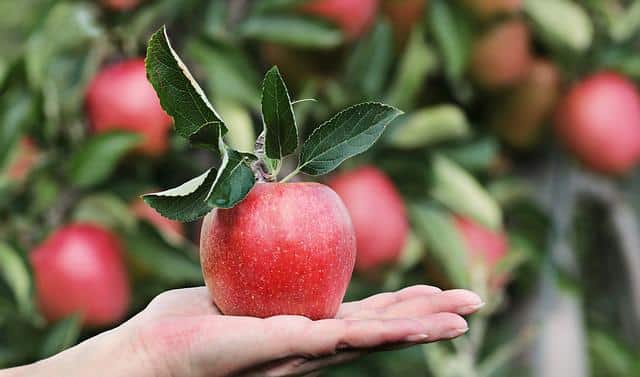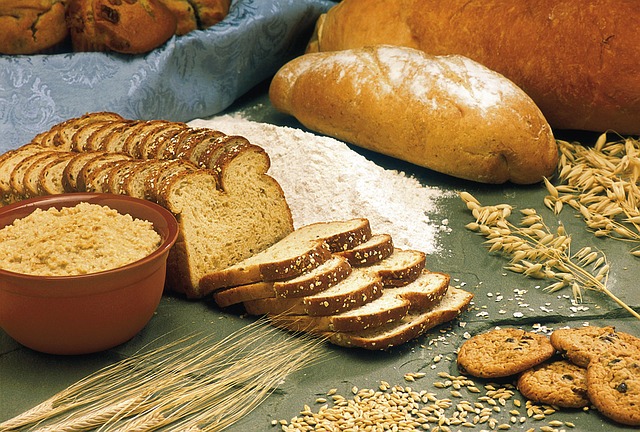
For Hippocrates, health was the balance between nutrition and wear and tear.
The discipline that is dedicated to studying the proper way of eating is called dietetics . The term is also used to refer to what is linked to diet : that is, to the eating regimen.
Proper nutrition
Dietetics indicates how a person should eat according to their physical characteristics, their state of health and other factors. Therefore, the dietitian (known as a dietitian ) can suggest, based on his or her scientific knowledge, what foods his patient should eat and in what quantities.
Hippocrates is considered the precursor of dietetics. This doctor from Ancient Greece classified food into different groups that he linked to its influence on the humors (elemental substances whose balance, it was believed, defined the health of human beings). Although Hippocrates ' postulates became outdated over time , this thinker laid the foundations for the development of dietetics.
Currently, the dietician knows precisely how nutrition works: the biological process carried out by the body when it metabolizes the nutrients it receives through food intake and transforms them into energy . That is why one of his functions is to advise and instruct his patients about healthy eating. It can also diagnose and treat disorders associated with nutritional problems.
Hippocratic diet
The key term of the contribution that Hippocrates made to the field of dietetics is " balance ", since he understood health as the perfect combination of the foods that nourish us and the activities that exhaust us , such as physical exercise. By taking into account this ideal middle point, I could detect different cases in both senses: an excess in nutrition, for example, was called "plethora", while insufficient exercise for said exhaustion was called "emptiness".
To improve a person's health, therefore, Hippocrates believed that correction of such cases was necessary. Below we will take a look at each of the six fundamental pillars on which dietetics was based at that time:
* food : at this point, there were several aspects to take into account, such as the quality of the food, its origin, its level of freshness, the quantity and the characteristics of its preparation. A raw food was considered "natural", while at the other extreme were the "artificial" ones;
* exercise : in this other pillar of Hippocrates' dietetics, the distinction between natural and artificial was also discussed. Just thinking, seeing and hearing, for example, was a natural way of "drying" the body;
* bathing : washing the body with cold or hot water, with the possibility of applying ointments to the body;
* sexual activity : it was believed that it provided body heat, humidity and that it helped with weight loss;
* evacuations : vomiting and purging to correct excesses, for example;
* sleep : its duration, the quality of the bed and the distance from meals had to be controlled;
Dietetics has taken immense steps since then, but we cannot deny that the fundamental ideas about balance are still valid today.

Rye bread is one of the many products available in diet stores.
Food store
The idea of dietetics, on the other hand, is used in some regions to name the business where natural and generally beneficial foods for the body are offered . In a diet it is possible to buy nuts, whole grain flours and cereals , to name a few options.
This type of store is very popular today, both for people with special needs in terms of the food they can consume and for vegans , but it is also increasingly attractive for the rest of the public, who wants to try something. different. At this point the Internet has a great influence, since through different forms of dissemination it brings new recipes and perspectives to everyone to understand food in general.
